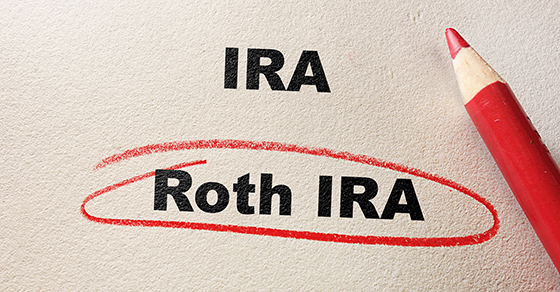Could captive insurance reduce health care costs and save your business taxes?
If your business offers health insurance benefits to employees, there’s a good chance you’ve seen a climb in premium costs in recent years — perhaps a dramatic one. To meet the challenge of rising costs, some employers are opting for a creative alternative to traditional health insurance known as “captive insurance.” A captive insurance company generally is wholly owned and controlled by the employer. So it’s essentially like forming your own insurance company. And it provides tax advantages, too.
Benefits abound
Potential benefits of forming a captive insurance company include:
- Stabilized or lower premiums,
- More control over claims,
- Lower administrative costs, and
- Access to certain types of coverage that are unavailable or too expensive on the commercial health insurance market.
You can customize your coverage package and charge premiums that more accurately reflect your business’s true loss exposure.
Another big benefit is that you can participate in the captive’s underwriting profits and investment income. When you pay commercial health insurance premiums, a big chunk of your payment goes toward the insurer’s underwriting profit. But when you form a captive, you retain this profit through the captive.
Also, your business can enjoy investment and cash flow benefits by investing premiums yourself instead of paying them to a commercial insurer.
Tax impact
A captive insurance company may also save you tax dollars. For example, premiums paid to a captive are tax-deductible and the captive can deduct most of its loss reserves. To qualify for federal income tax purposes, a captive must meet several criteria. These include properly priced premiums based on actuarial and underwriting considerations and a sufficient level of risk distribution as determined by the IRS.
Recent U.S. Tax Court rulings have determined that risk distribution exists if there’s a large enough pool of unrelated risks — or, in other words, if risk is spread over a sufficient number of employees. This is true regardless of how many entities are involved.
Additional tax benefits may be available if your captive qualifies as a “microcaptive” (a captive with $2.2 million or less in premiums that meets certain additional tests): You may elect to exclude premiums from income and pay taxes only on net investment income. Be aware, however, that you’ll lose certain deductions with this election.
Also keep in mind that there are some potential drawbacks to forming a captive insurance company. Contact us to learn more about the tax treatment and other pros and cons of captive insurance. We can help you determine whether this alternative may be right for your business.
Tax Accounting and Business Consulting for Metairie, Louisiana
Industry Specific Accounting
Metairie CPA Services
Metairie CPA News
Tax Accounting and Business Consulting for Mandeville, Louisiana
Industry Specific Accounting
Mandeville CPA Services
Mandeville CPA News
Tax Accounting and Business Consulting for Baton Rouge, Louisiana
Industry Specific Accounting
Baton Rouge CPA Services
Baton Rouge CPA News
Tax Accounting and Business Consulting for Covington, Louisiana
Industry Specific Accounting
Covington CPA Services
Covington CPA News
Mandeville Notary Public Services
Madisonville Notary Public Services
Covington Notary Public Services





